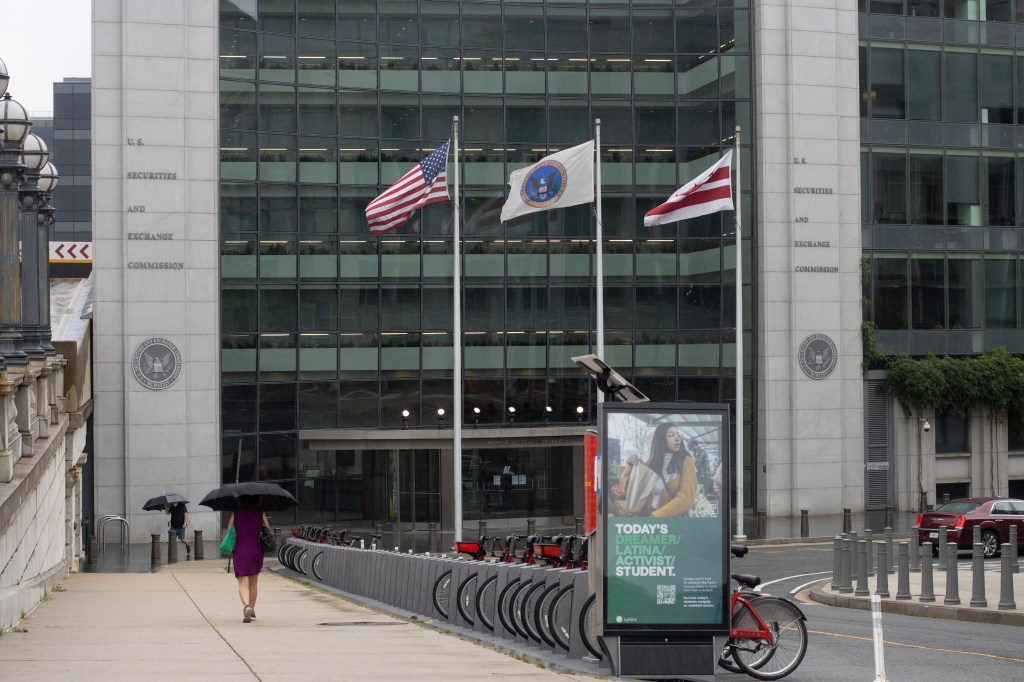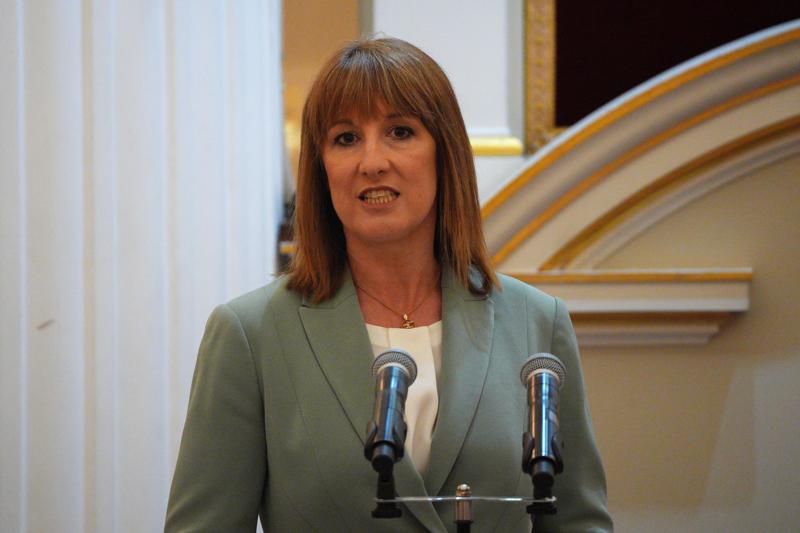Reforms to ringfencing rules for banks, curtailing the FCA’s consumer duty rules, curbing the powers of the Financial Ombudsman Service and allowing banks to offer mortgages to more low-income applicants were some of the key changes confirmed by UK chancellor Rachel Reeves during her much anticipated Mansion House speech on
Register for free to keep reading
To continue reading this article and unlock full access to GRIP, register now. You’ll enjoy free access to all content until our subscription service launches in early 2026.
- Unlimited access to industry insights
- Stay on top of key rules and regulatory changes with our Rules Navigator
- Ad-free experience with no distractions
- Regular podcasts from trusted external experts
- Fresh compliance and regulatory content every day












